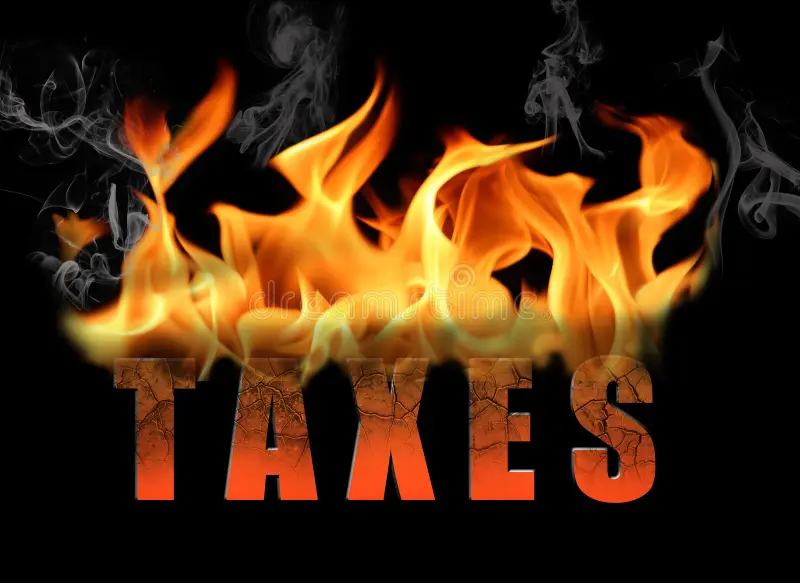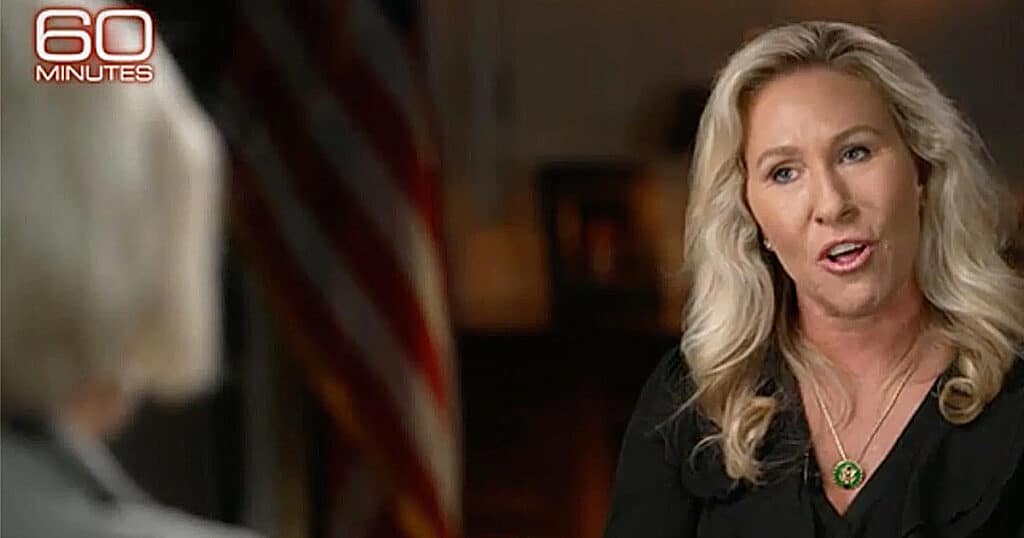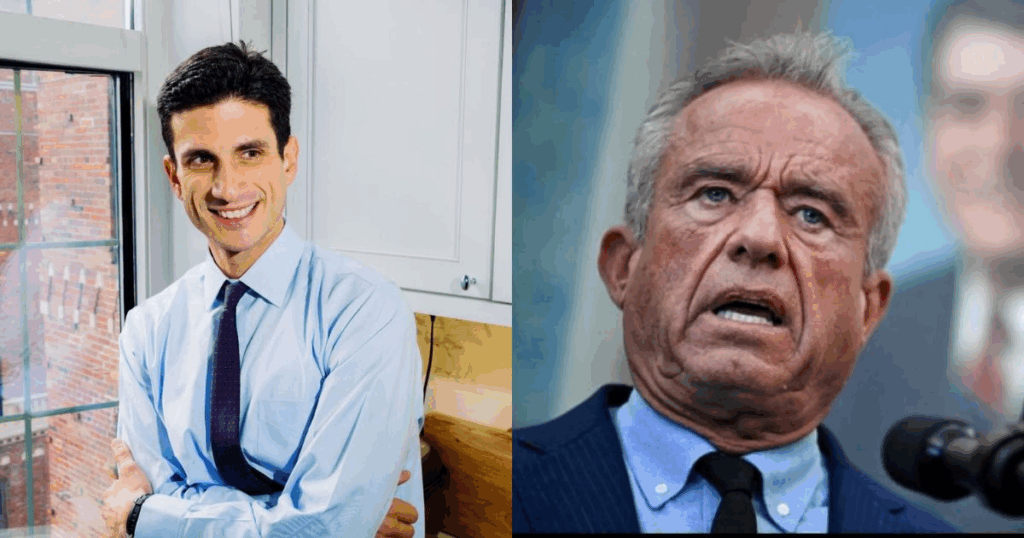
Windy City Mayor’s Practice Of The Insanity Idiom Leads To Tax Burning Parties
Many people today recognize that while Chicago does experience considerable winds from Lake Michigan, the city earned the nickname “The Windy City” in the 1800s. This term was used by rival newspapers, especially those based in New York, to mock Chicago politicians for their lengthy speeches and self-promotion lobbying for events like the 1893 World’s Fair.
Not much has changed today when it comes to Chicago politicians, especially the current Mayor Brandon Johnson, who has made meaningless rhetoric an art form. When Johnson unveiled his budget last Friday, many thought he was practicing the Insanity quote that states:
“The definition of Insanity is doing the same thing over and over again and expecting different results.”
The budget reflected the same priorities that have defined his administration from day one. Higher taxes, unfocused priorities, and no serious plan to stop the city’s steady decline. However, Johnson attempted to frame the budget as a plan based on “protecting working people,” but those living there see just more of the same thing.
Johnson’s budget includes a revived corporate head tax, new business surcharges, an expanded sweep of the TIF surplus, and increased long-term borrowing. I cringe any time I see the word “surplus” in the budget of a city that is on life support. This is the epitome of “robbing Peter to pay Paul.” Dropping that word in makes it sound like things aren’t so bad when, in reality, they are probably worse.
A TIF surplus is the leftover money in a Tax Increment Financing (TIF) fund after all the expenses and projects for that year have been paid. This surplus is then distributed to the original taxing bodies, such as schools and counties, based on their proportional share of the total tax revenue. The key here is, will there truly be a “surplus?” Far too often, when things fall apart, politicians like Johnson will play the “expected” TIF surplus card.
Johnson promotes these measures with the tired old line that they are essential for fairness and “equity.” Still, the plan reflects an administration unwilling to reduce spending or confront the costs that continue to destabilize the city.
Chicago’s police department remains understaffed, response times to 911 calls are slow, and major commercial corridors continue to experience retail closures due to theft and security concerns.
Johnson gloated over an $18 million settlement with DoorDash, attempting to portray it as evidence that his administration is holding corporations accountable, rather than admitting that ignoring real problems is driving them away. Major employers such as Boeing, Tyson Foods, and Citadel have relocated their operations due to high taxes, regulatory burdens, and instability.
Since 2020, Illinois has experienced a loss of over 340,000 residents, primarily due to a significant decrease in population in Chicago. A shrinking tax base leads to higher taxes, and despite what politicians like Johnson think, people cannot and will not continue to accept unjustified tax increases to make up for governmental incompetence.
That’s precisely what happened on Sunday night when disgruntled homeowners gathered at the Harmony Community Church to hold a “Property Tax Bonfire.” Justifiably, people want to know exactly where the money is going. One man complained that his property tax had increased by the outrageous amount of $977 over last year’s assessment. In contrast, others burned their bills as a direct protest against the tax increase, for no other reason than to help an incompetent administration balance its worthless budget.
According to ABC7, one resident, Tim Worthy, complained:
“Tax increase is tied to a TIF [tax increment financing] that I have no idea why. It’s collecting money from our neighbors and streets, but we’re not being notified why it’s in the bill.”
“We understand utilities are going up and things of that nature, but it’s a valuation issue. We don’t have the schools we need. It’s economics that are not here, but we’re being charged for economics in different communities.”
Worthy is absolutely correct. Why are taxes being raised in communities where no improvements are being made?
In an effort to ease the burden on residents, Cook County Treasurer Maria Pappas announced that the increased fees would not be due in a lump sum. This step aims to make the surprising hikes more manageable for those already facing challenges in a difficult economy.
“You do not have to pay your bill on December 15. You hear that you don’t have to pay it. Let me tell you why we went to Springfield last year and set up a payment plan.”
She then added that on December 16, residents can go online and set up a plan to pay their bill over 13 months.
The Illinois Policy Institute revealed:
“Illinoisans pay the second-highest property tax rate in the U.S., shelling out about 2.07 percent of their property’s value each year. That’s more than double the national rate. It’s even worse in Cook and the collar counties. Cook County in 2022 ranked among the nation’s 100 most expensive counties for property taxes, with property taxpayers spending more than the typical homeowners in California’s Orange County, Los Angeles County, or San Diego County.”
The Institute also stated that the bulk of the money goes to Chicago Public Schools, which are still failing on a national basis.
Johnson is driving away large employers and attempting to compensate for the revenue loss by overtaxing the remaining citizens. No city has ever reversed economic decline by raising taxes on employers while ignoring elevated crime and diminishing public safety resources.
Chicago is another Democrat-run city that continues to have sludge clogging the drain, and since no one has the plumber’s number, the solution is to charge more for water.



